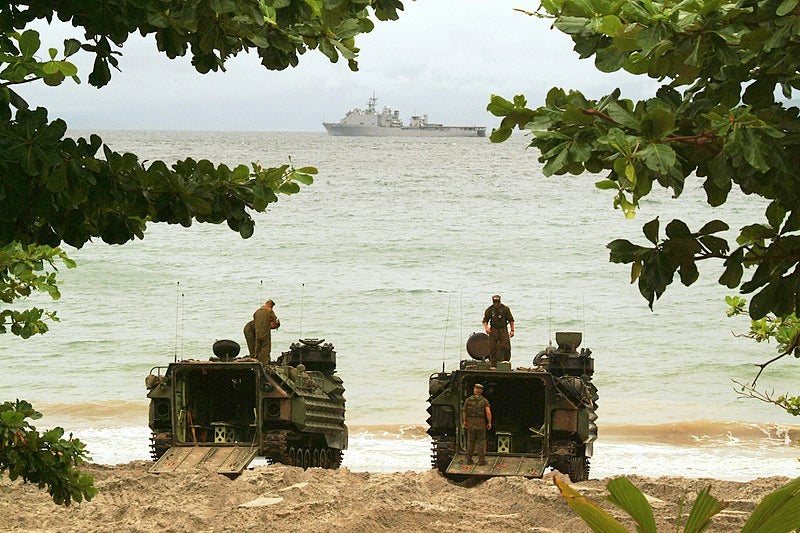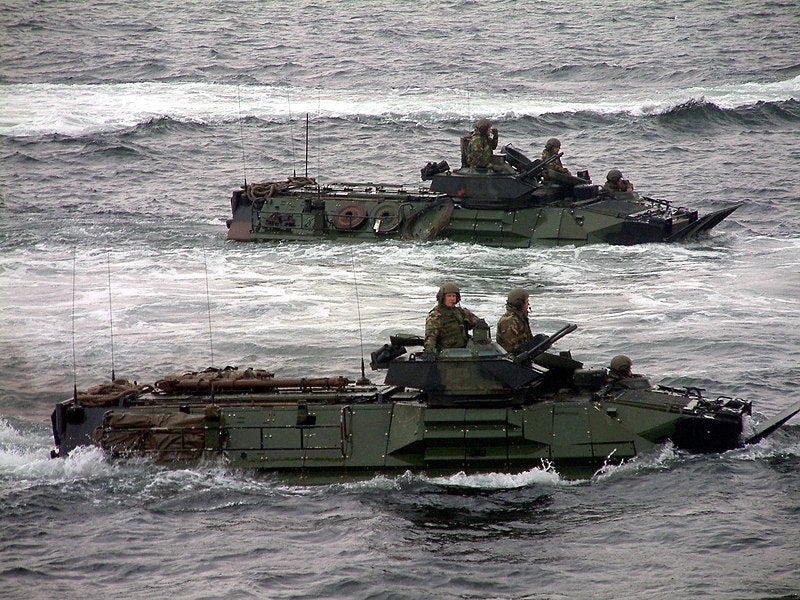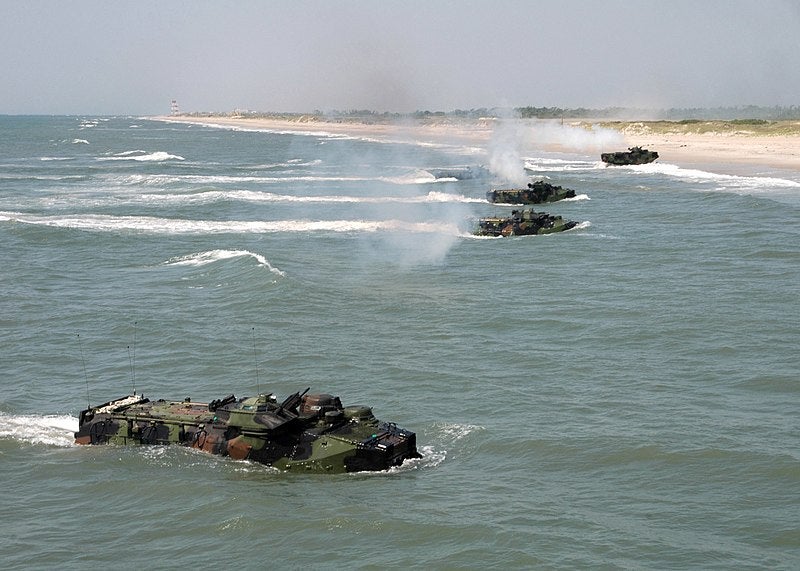Greece To Procure $268 Million Worth of Amphibious Assault Vehicles And Equipment From The US
The US Defense Security Cooperation Agency (DSCA) announced that the US Department of State has approved a $268 million foreign military sale to Greece for the purchase of 76 Amphibious Assault Vehicles (AAVs) in various variants and related equipment. The necessary certification and related documents notifying this possible sale were submitted to the US Congress on March 17, 2023, according to the agency.
The potential sale includes 63 AAVP-7A1s in the armored personnel carrier configuration, 9 AAVC-7A1s in the command configuration and 4 AAVR-7A1 vehicles in the recovery configuration. In addition, the sale includes 63 units of 12.7x99mm machine guns, MK-19 grenade launchers, M36E T1 Thermal Sighting Systems (TSS), supply support (spare parts), support equipment, calibration services and follow-on support alongside the vehicles.

“This proposed sale will support the foreign policy and national security objectives of the United States by helping to improve the security of a NATO ally, which is an important partner for political stability and economic progress in Europe.” the DSCA noted in a statement about the sale. According to the agency, the vehicles will improve Greece’s ability to counter current and future threats by providing an effective capability to protect Greece’s maritime interests and infrastructure to support its strategic position on NATO’s southern flank. The agency also stated that Greece contributes to NATO operations, as well as counter-terrorism and anti-piracy naval efforts, and that it will have no trouble absorbing these vehicles into its armed forces.

AAVs made in the United States have been in service since 1972. The vehicles, which have been continuously improved since their production year, were involved in an accident on July 30, 2020, which killed eight marines and one sailor. After the sinking, which killed nine Marines, the Marines halted all waterborne AAV training and thoroughly surveyed the fleet to learn about the vehicles’ mechanical issues. In October 2021, the findings of the investigation were published by the U.S. Department of the Navy. As a result of the aforementioned findings, the deployment of the fleet of amphibious assault vehicles in the water, except in emergencies, and naval training were prohibited.

The Greek media expressed their concerns about the safety and suitability of AAVs after the US State Department approved the sale of these AAVs to Greece following the sinking and the subsequent withdrawal of these vehicles from US Navy operations. However, despite the AAV fleet’s average age of 40 years, a Marine Corps spokesman told Defense News that the vehicles have undergone a service life extension program, as well as a reliability-availability-maintainability rebuilt to standard program and scheduled cycles through depot-level maintenance throughout their lives.

